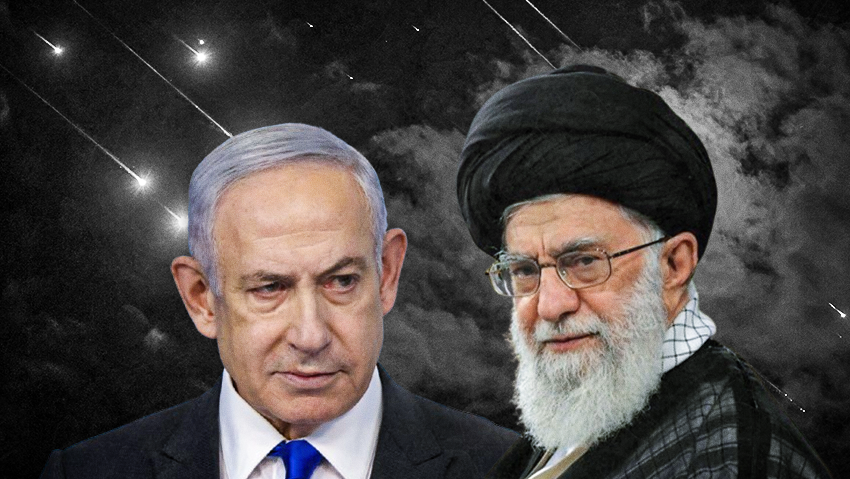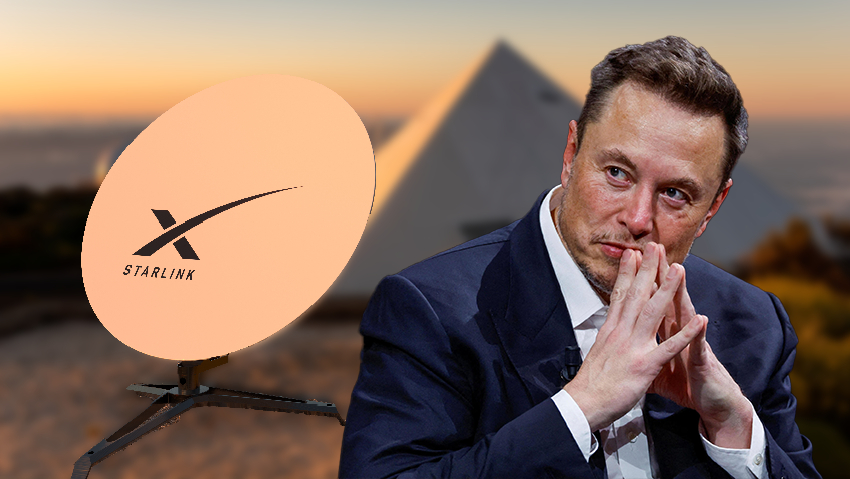In 2022, shortly after Russia invaded Ukraine, urgent requests landed on Elon Musk’s desk, not for tanks, not for ammunition, but for internet access. Within days, Musk deployed dozens of Starlink satellites over Ukraine, enabling the military, civilians and government officials to stay connected even as Russian forces sought to sever their communications.
At that moment, without firing a single shot or passing through any official diplomatic channel, Musk became a player in the sovereign arena.
Three years later, it’s happening again, this time, over Iran. Amid rising tensions between Tehran and Jerusalem and the specter of direct military conflict, Musk activated the Starlink system over Iranian skies.
Officially, the move was intended to provide uncensored internet access to Iranian citizens, allowing them to receive information free of state control. But in effect, it was a first-tier geopolitical maneuver, a private individual, leading a tech conglomerate, made a decision that would affect millions, destabilize delicate political structures and undermine the very capacity of a state to control information.
This is not an isolated episode. It’s a symptom of a new era. For centuries, the nation-state was the sole body capable of projecting power at scale. Only armies could penetrate borders. Only governments could control communications, infrastructure and public space. But Musk and Starlink represent a profound shift.
In a hyper-connected world, effective control no longer depends on territorial boundaries, but on dominion over the digital interface. And that interface now flows through low-orbit satellites, code, sensors and operating systems.
2 View gallery


Benjamin Netanyahu, Ali Khamenei
(Photo: Ahmad GHARABLI / AFP, Marc Israel Sellem, AP)
The Iranian case illustrates this vividly. A regime built on information suppression, one that censors the internet, bans free speech and crafts a singular narrative, suddenly finds itself exposed.
It can no longer isolate its people from the world. Above its head runs a digital pipeline beyond its control. The distinction between formal sovereignty and functional sovereignty has never been clearer. The state, like an emperor with no clothes, may still hold declarative power, but it is rapidly losing its grip on actual control.
Get the Ynetnews app on your smartphone: Google Play: https://bit.ly/4eJ37pE | Apple App Store: https://bit.ly/3ZL7iNv
Musk, of course, is not the philosopher of this new age, he is its practitioner. He doesn’t write treatises on sovereignty; he simply launches satellites. But his decision to activate Starlink over Iran was far from neutral. It was a conscious intervention that blurs the line between private enterprise and foreign policy, between free markets and moral positioning. He didn’t wait for a UN resolution, nor did he seek congressional approval. He acted on a new understanding of power, in the information age, those who control the medium control the game.
We are living in an era in which tech giants possess tools once reserved for nation-states. Google knows more than the CIA. Amazon manages more logistical data than the Pentagon. Meta influences elections more than most education ministries. Starlink is just one example, but a sharp one. It shows how both soft and hard power can be projected simultaneously, altering the balance of forces and shaking the foundations of regime sovereignty, without a single shot being fired.
 Dr. Bella Barda BareketPhoto: Lia Yaffe
Dr. Bella Barda BareketPhoto: Lia YaffeIt also raises a deeper question: what happens when a tech company decides to wield power not in the name of liberty or justice, but in the name of self-interest? What happens when the interests of those who control the skies begin to collide with democratic institutions? Is there any genuine oversight over such decisions? Where, in this blurred terrain, is the line between cross-border solidarity and corporate coercion?
In the past, these were questions we asked of superpowers. Today, they’re asked of a billionaire with a Twitter account.
This does not mean Musk is the villain. His actions may well save lives, empower critical thought and pierce the mental barriers of a repressive regime. But the act itself reveals a profound truth: the frontiers of power are shifting. Guns still matter, but the digital interface matters more.
And in this emerging space, those who control satellites, servers and protocols hold the keys to remaking the world order. The question is no longer who is stronger, but who is better connected.
- Dr. Bella Barda Bareket is a real estate investment expert specializing in emerging trends, macro-economics and sociology.



